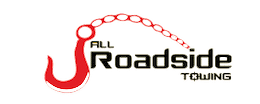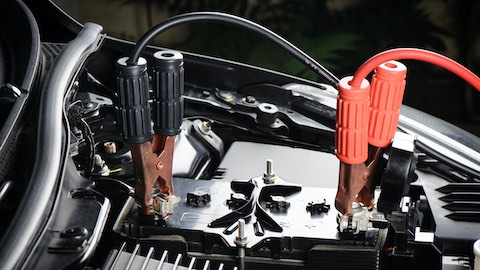Towing FAQs (Frequently Asked Questions)
Find answers to common questions and inquiries made of the towing industry. Find answers to all your general questions as well as very specific questions.
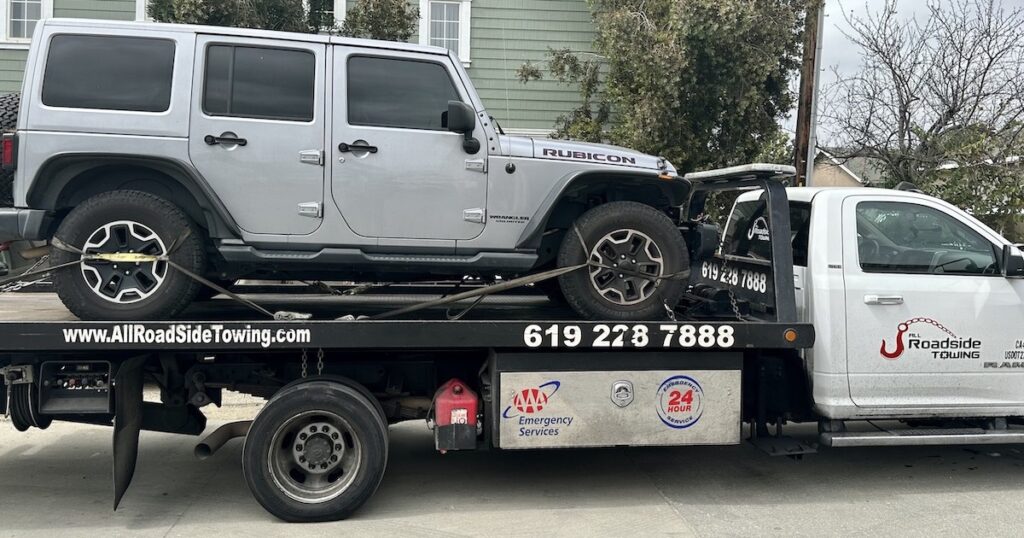
general Towing FAQs
Generalized questions about towing and towing services. Questions for All Roadside Towing FAQs.
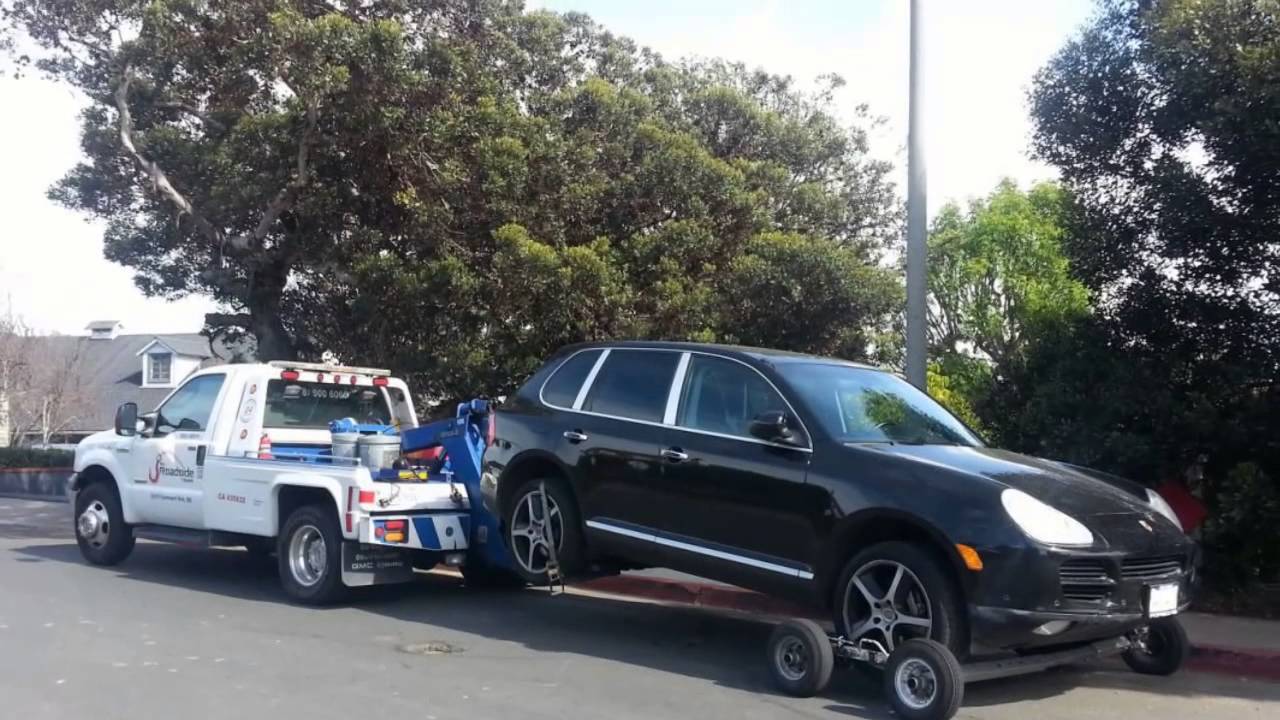
Private Property Impound Questions
Questions about Private Property Impounds. Was your car impounded? Do you have a property that needs vehicles impounded?
The Questions…
frequently Asked Questions, specific to All Roadside Towing FAQs San Diego
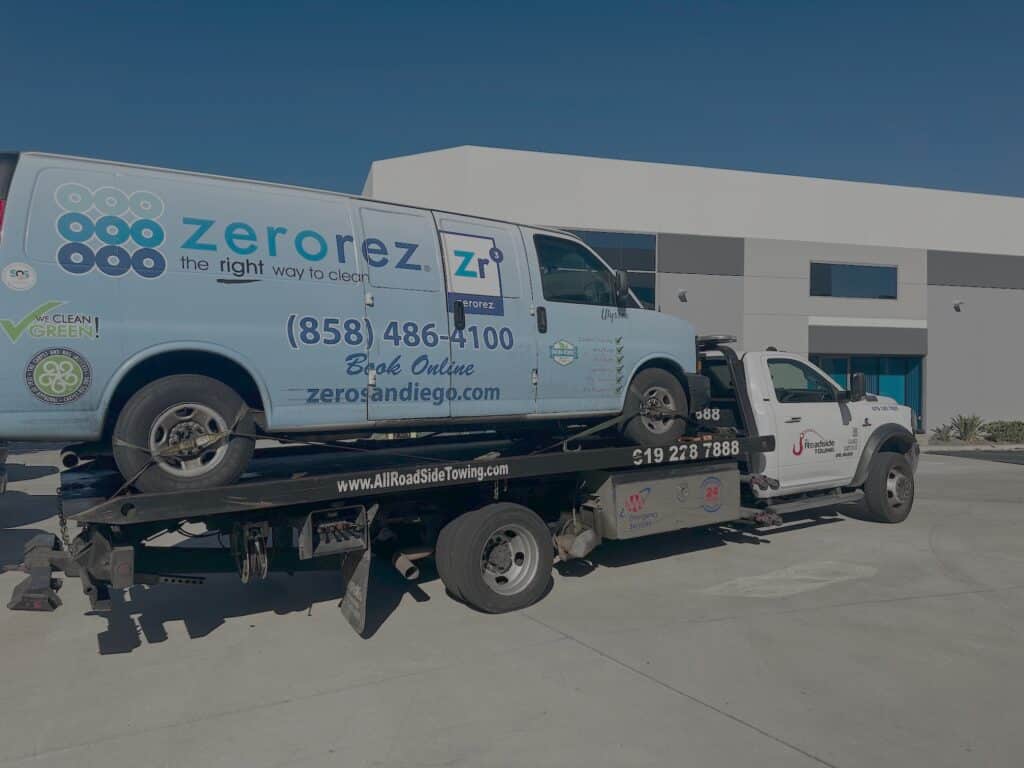
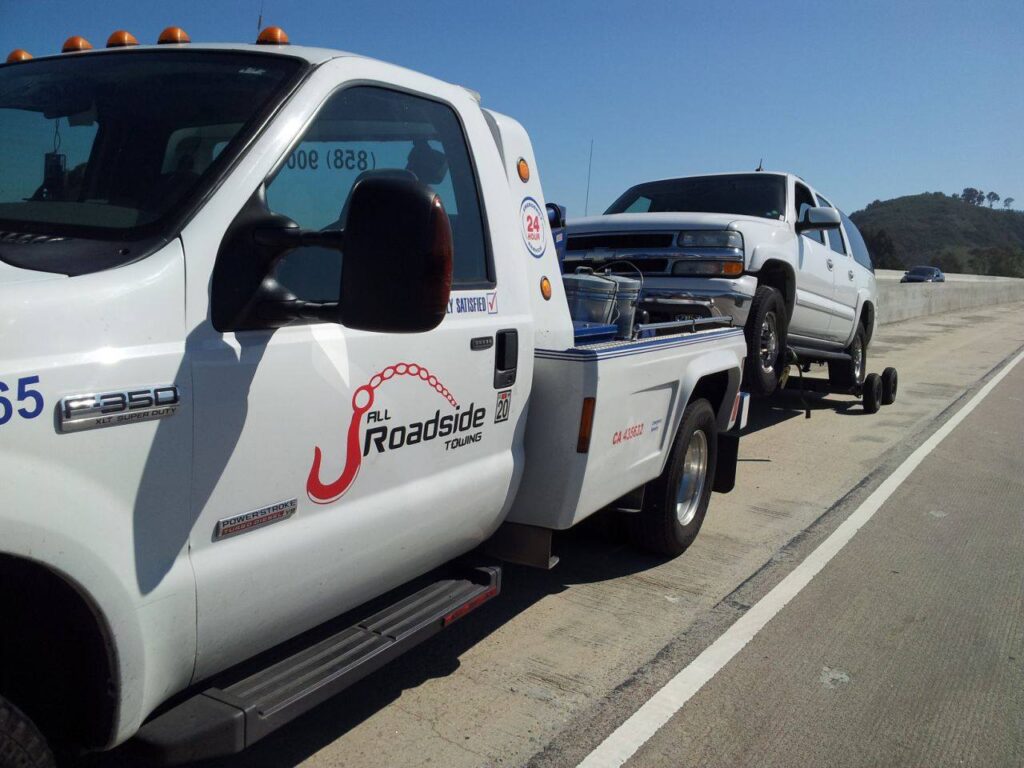
Private Property Impound Towing FAQs
If you have any questions about private property impounds….?
Roadside Service & Towing FAQs:
Lockout Service
A car lockout service near me is when a person locks their keys in their vehicle. The car door locked out. They are essentially “locked out” of their car or truck. They may have a couple a few options, but the cheapest and quickest is to call a tow company like All Roadside Towing FAQs and Ask for Roadside Assistance.
All Roadside Towing FAQs is fast. A traditional car lockout, takes about 5 minutes. Our highly trained professionals can open most cars quickly and easily. If your car has a more complex security system, it may take a few minutes longer.
No. All Roadside Towing FAQs and most professionals take extra care and caution to prevent unnecessary damage to the vehicle.
Very carefully! Tow Companies… Roadside Assistance providers have an assortment of tools to help unlock doors. The traditional method was to use a ”slim jim.” Slim Jim’s are thin strips of metal that slide between the window and door of your car. With a Slim Jim you can hook the locking mechanism with the thin metal strip, then lift it to release the lock.
More traditional methods nowadays involve a wedge, long reach tool, and inflatable bladder. The wedge is used to create some space (a gap) between your passenger door and the frame of your vehicle. The air bladder is inserted into that gap and partially inflated to keep the gap open. Then the long reach tool can be used through the gap to pull a door handle open, push the unlock button, or even lVery carefully! Tow Companies… Roadside Assistance providers have an assortment of tools to help unlock doors. The traditional method was to use a ”slim jim.” Slim Jim’s are thin strips of metal that slide between the window and door of your car. With a Slim Jim you can hook the locking mechanism with the thin metal strip, then lift it to release the lock.
More traditional methods nowadays involve a wedge, long reach tool, and inflatable bladder. The wedge is used to create some space (a gap) between your passenger door and the frame of your vehicle. The air bladder is inserted into that gap and partially inflated to keep the gap open. Then the long reach tool can be used through the gap to pull a door handle open, push the unlock button, or even lift the locking mechanism.
Most roadside assistance plans, motor clubs, and some insurances may cover car lockouts. The difficulty with those services is that you may wait a long time for the provider to show up. That’s one of the benefits of calling All Roadside Towing FAQs.
We have long standing relationships with all the motor clubs, roadside assistance programs, and insurance companies. They will reimburse you 100% for any invoice with our name on it.
Tire Change Service
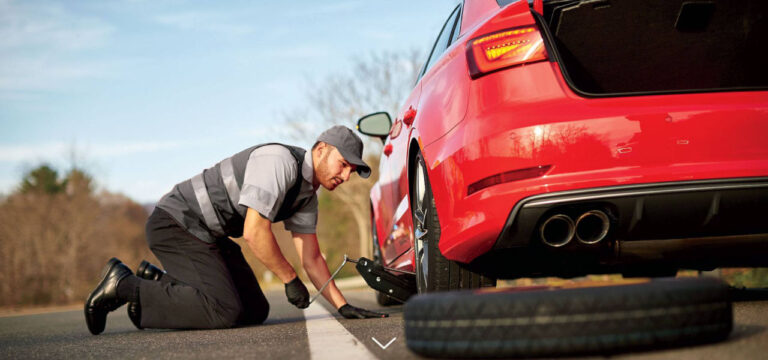

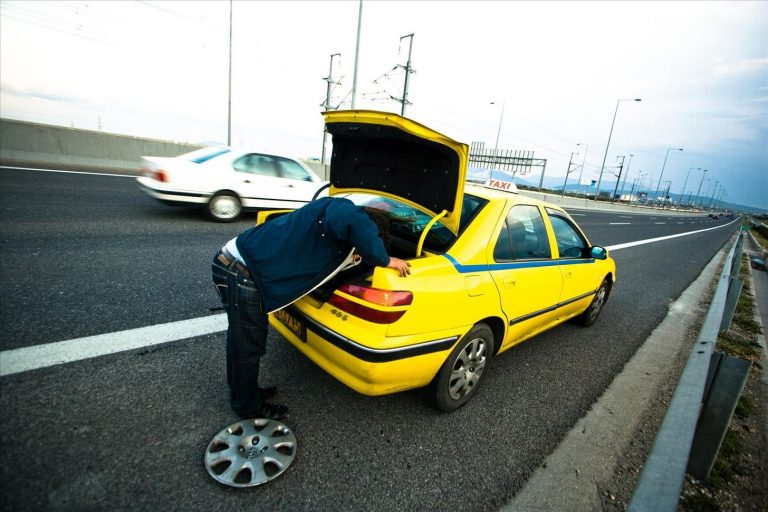
Fuel Delivery Service
Pointed questions Flatbed / Wrecker
towing FAQs
Frequently Asked Questions
Here are some more direct questions about towing FAQs; the difference between flatbeds and wreckers, fleet vehicle towing, etc.
